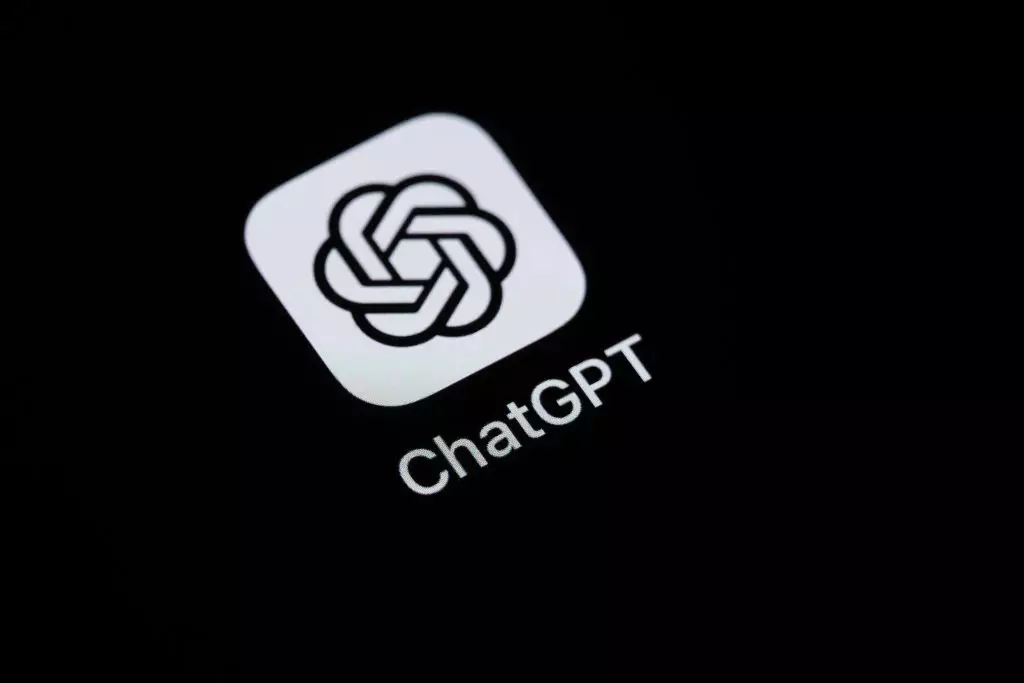OpenAI’s innovative feature, ChatGPT search, has shown remarkable growth in Europe, marking a significant shift in how users engage with online information. According to a report from OpenAI Ireland Limited, the average monthly active users spiked from about 11.2 million to an astounding 41.3 million in just six months, a metric aimed at highlighting the surging popularity of this AI-driven search engine. This dramatic increase signals not just a trend but an evolving landscape where conversational AI is emerging as a formidable player against traditional search engines.
In adhering to the EU’s Digital Services Act (DSA), OpenAI is shifting the narrative around user engagement. The DSA requires social media and digital platforms to define and track users who actively engage with their services. This regulatory compliance is echoed in OpenAI’s commitment to ensuring transparency and accountability in its operations, revealing how many users actively engage with the platform, not merely view it. This mindfulness sets the stage for a responsible AI usage that ideally balances innovation with ethical standards.
Regulatory Landscape: A Balancing Act
With the DSA’s rigorous regulations looming over platforms deemed “very large,” there is an urgency for compliance that could redefine operational strategies for AI-driven services like ChatGPT search. The DSA stipulates that platforms with over 45 million monthly active users must allow individuals to opt out of personalized recommendations and other profiling methods, fostering an environment of trust. The potential for substantial fines of up to 6% of global turnover poses a serious challenge for platforms that might fail to meet these new standards.
This regulatory environment presents both opportunities and challenges for ChatGPT. As the user base expands, it must prepare to navigate a landscape filled with strict compliance requirements while continuing to offer enhanced user experiences. The imminent threat of temporary suspensions for continual non-compliance amplifies the pressure, compelling ChatGPT to adapt swiftly and significantly enhance its accountability measures.
The Competitive Landscape
Despite its rapid growth, ChatGPT search still operates in the shadow of giants like Google, which processes approximately 373 times more searches. A September poll revealed that just 8% of respondents preferred ChatGPT as their main search engine over Google. While ChatGPT’s intelligent responses and contextual engagement provide a fresh alternative, conventional search engines remain entrenched as the go-to resource for most users.
Moreover, studies have shown that AI-based search may not always be as reliable as traditional search engines, raising questions about the accuracy and trustworthiness of AI-driven information retrieval. Users accustomed to the established reliability of Google may hesitate to fully embrace platforms like ChatGPT until they can guarantee equivalent or superior performance across diverse queries.
While OpenAI’s ChatGPT search is carving out a meaningful niche in the competitive landscape of online search through impressive user growth and robust compliance with EU regulations, it still faces challenges related to reliability and entrenched competition. The future potential of AI-driven search lies not merely in the numbers but in delivering a performance level that rivals—and transcends—the conventional search experience. Exciting times lie ahead as we await how this technology will continue to develop and impact our online engagements.

